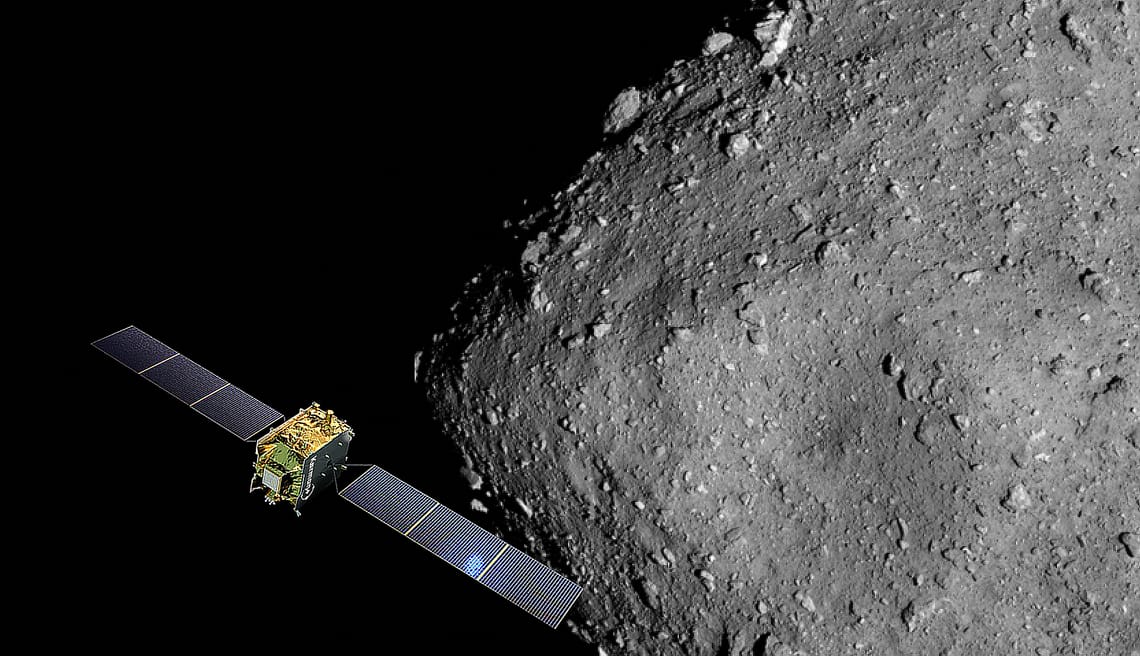Happy International Asteroid Day everyone!
The idea of Asteroid Day has its origins in planetary defence, a topic that we don't spend a lot of time on at Karman+ although there are clear overlapping themes. The last major asteroid impact on Earth was called the Tunguska Event and it took place on 30 June 1908 over Siberia in the Russian Federation.
The global programs for planetary defence focus on detection (finding and tracking potentially hazardous objects) and to a lesser extent mitigation (interacting with asteroids). While we all hope this won't be needed in our lifetimes, it is interesting to see how closely our roadmap tracks in terms of core capabilities.
We should be able to do much better than Bruce Willis in 'Armageddon' or Jennifer Lawrence and Leonardo DiCaprio in 'Don't look up'!
Open development & creating feedback loops
We talked about the roster of lunar lander attempts last quarter, which included a fair amount of information about what went wrong. Although the companies involved shared some high-level information during the mission, the lack of detail significantly reduces the utility of these updates. No public feedback loop, no lessons learned.
While there are some valid arguments for caution when it comes to this kind of information, we see confidentiality, intellectual property and especially export controls misused all the time. Anecdotal data on mortality rates shows 20-30% of spacecraft dying right after launch.
Imagine hiring a contractor and not being able to get any references because everyone signed NDAs. And they don't need to tell you that their buildings sometimes explode...
While we would love to change the industry at a larger scale, we focus on our mission and the things we control. In part, this means we need to walk the walk by sharing our learnings and mistakes more broadly.
We started by publishing our master plan earlier this month and are launching a regular series of deepdives into our core decisions and the trades that we work through to make our mission successful. This will cover everything from launch and satellite bus to cameras, avionics and excavation in a series that we are calling 'Poor man's guide to deep space missions'.




